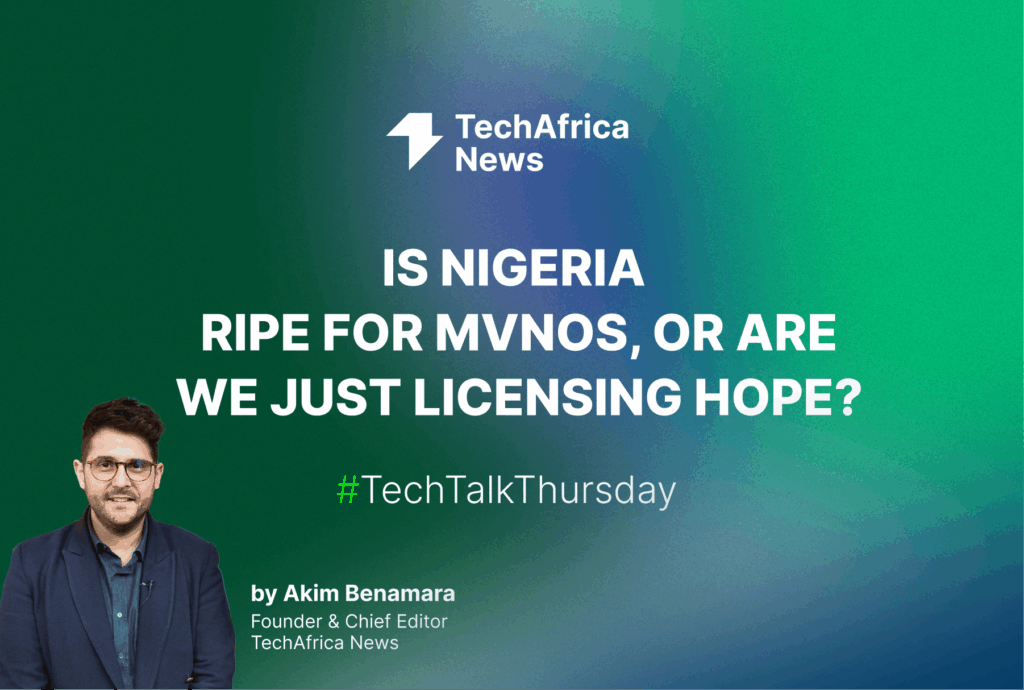NIBSS Joins Africa’s First Regulated Blockchain for Payments in Partnership with Zone

In a move that signals a significant shift in the global financial landscape, the Nigeria Inter-Bank Settlement System (NIBSS), a payments clearing house primarily owned by the Central Bank of Nigeria, has joined Africa’s first regulated blockchain network for payments, built by Nigeria’s decentralised payment infrastructure company Zone. This partnership marks one of the world’s first instances of regulatory participation in a private blockchain consortium, potentially redefining how financial regulations and decentralisation intersect on a global scale.
The partnership involves NIBSS utilising Zone’s blockchain network to enhance its Payment Terminal Service Aggregation (PTSA) operations. PTSA is a regulatory oversight function in Nigeria assigned to NIBSS and requiring all payments made at Point-of-Sale (PoS) terminals to pass through an aggregator before reaching the cardholder’s bank for authorization. This arrangement ensures enhanced oversight and compliance with the Central Bank of Nigeria’s payment standards. This unprecedented move to adopt blockchain demonstrates NIBSS’s progressive and innovative disposition, which became evident when NIBSS launched one of the world’s first instant funds transfer services back in 2013. Hosting a Blockchain node on the Zone Network and deploying relevant smart contracts will allow NIBSS to decentralise its PTSA function which will eliminate the existing central failure point in transaction routing while preserving and even enhancing the regulatory monitoring and reporting capabilities required by the CBN guideline on PTSA.
Zone’s blockchain network has some of Africa’s biggest Banks as members, and offers several key advantages, such as decentralized routing, which enables direct exchange of financial messages between participating Banks without an intermediary. Additionally, the network facilitates real-time settlement, ensuring instant transaction finality and immediate value for each successful transaction. The automated reconciliation feature of Zone’s network leverages the transparency and consistency of Blockchain to continuously reconcile counterparties and preemptively resolve potential customer disputes in real-time.
This development represents a significant step towards the integration of blockchain technology into mainstream finance, potentially inspiring similar moves by regulatory bodies worldwide. NIBSS’s direct involvement on Zone’s blockchain network demonstrates a new model for regulatory oversight, allowing real-time monitoring and more efficient compliance enforcement. The partnership underscores the growing acceptance of blockchain technology in traditional financial services and highlights the potential for blockchain to gain regulator buy-in but also enhance regulatory functions and achieve mainstream adoption on a global scale.
These partnerships and collaborations with key industry players represent a significant milestone in our mission to drive innovation and enhance the efficiency of the payment system. The strategic alliances will revolutionize the ecosystem, offering improved operational efficiency, cost savings and enhanced financial inclusion, ultimately positioning Nigeria at the forefront of the global payment space.
Premier Oiwoh, MD/CEO, NIBSS
This partnership with NIBSS is a testament to the transformative power of blockchain technology in payments and more generally in the financial sector as a whole. It demonstrates how blockchain technology can enhance regulatory oversight functions while simultaneously streamlining operations for service providers and delivering delightful experiences to end-users.
Obi Emetarom, CEO and Co-founder, Zone
As the world moves towards more digital and decentralized financial systems, this partnership stands as a landmark example of how traditional financial institutions and new innovative technologies can work together to shape the future of finance. The fact that an affiliate of a Central Bank is joining a Fintech-led blockchain consortium as well as other trends like CBDC pilots and Bank-led Blockchain initiatives around the world, hint at the inevitable impact of blockchain on the way people will manage money in the future.






